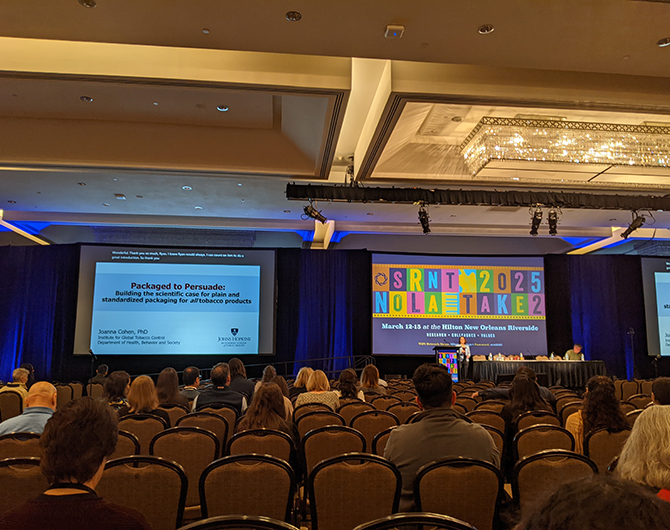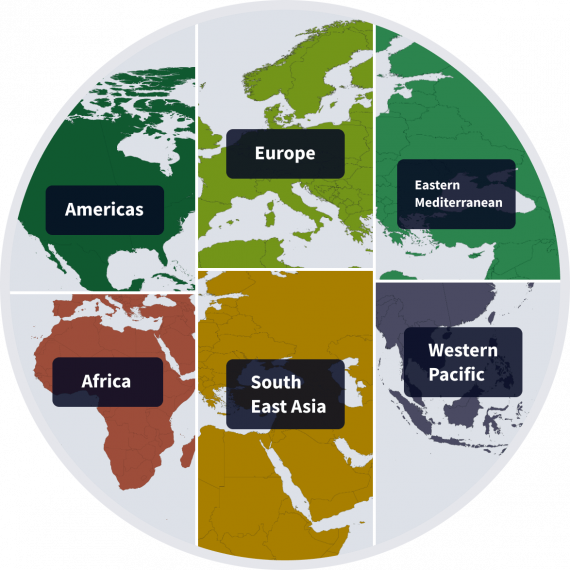Featured Research

We examined e-cigarette and heated tobacco product (HTP) retailer websites in Vietnam and identified common marketing strategies and appeals used. The broad range of products and marketing tactics found on retailer websites in Vietnam, including flavors like fruit and products mimicking toys, likely attract youth.

E-cigarette product packages in Indonesia use marketing appeals that are potentially attractive to youth. These findings support policies and implementation/enforcement efforts designed to help protect Indonesian youth from the harms of e-cigarette products.
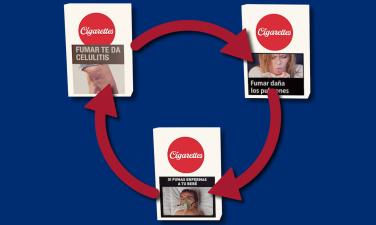
What challenges might countries encounter on their path to HWL rotation implementation? We interviewed policymakers and tobacco control advocates in different parts of the world to gain a deeper understanding of the processes and obstacles involved with implementing HWL rotation.

IGTC researchers examined the marketing strategies used and product characteristics advertised via social media by 39 e-cigarette and HTP brands available in the Philippines to interact with consumers and increase user engagement. This study can inform efforts to strengthen and enforce existing policies in the Philippines.
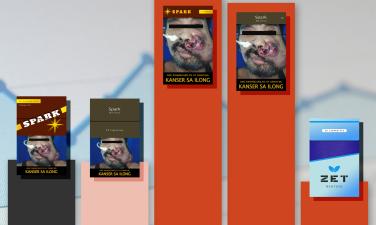
We used data from a survey of adults in the Philippines who smoke to estimate what policies could potentially support increased quit behavior, including increasing the price of cigarettes, increasing the size of graphic health warning labels, requiring cigarettes be sold in plain packaging, and banning flavored cigarettes.

We examined product characteristics and marketing strategies used on seven e-cigarette or HTP brand websites targeting Vietnamese consumers. We found devices and cartridges marketed along with advertising appeals, marketing messages such as claims about the brand or the product, and promotion strategies.
Online Courses
Learning from the Experts is a free online course breaking down the fundamentals of tobacco control, including its history, surveillance, and impacts. This course will help individuals build, monitor, and assess interventions on any scale using case studies and examples from around the world.
Курс, состоящий из шести тематических модулей, позволяет любому, от специалистов общественного здравоохранения до студентов, углубить свое понимание вопросов борьбы против табака, в том числе узнать, как предотвратить вред по мере изменения и развития табачных изделий.
With three-themed modules, the course allows anyone from health care professionals to students to increase their understanding of tobacco control topics, including learning how to prevent harm as tobacco products change and evolve.
The Tobacco and COVID-19 course is the newest online offering from the Institute for Global Tobacco Control. This online course provides the current evidence on tobacco use and COVID-19. The course covers topics such as the impact of smoking on COVID-19, the effects of nicotine at a molecular level and the behavior of the tobacco industry during the pandemic.
The Tobacco Pack Surveillance System (TPackSS)
TPackSS, developed with funding from Bloomberg Philanthropies through the Bloomberg Initiative to Reduce Tobacco Use, contains a visual database of cigarette packs from 14 low- and middle-income countries (LMIC) to monitor how tobacco companies are marketing their products and track their compliance with tobacco pack requirements including health warning labels.

Global Tobacco Control Progress Hub
The Global Tobacco Control Progress Hub offers tobacco control advocates a new online treaty monitoring platform with multiple user-friendly dashboards featuring more than 300 performance indicators from more than 180 reporting countries. Explore multi-year trends to monitor, analyze and report on global tobacco control progress through engaging color-coded maps and graphic visualizations.
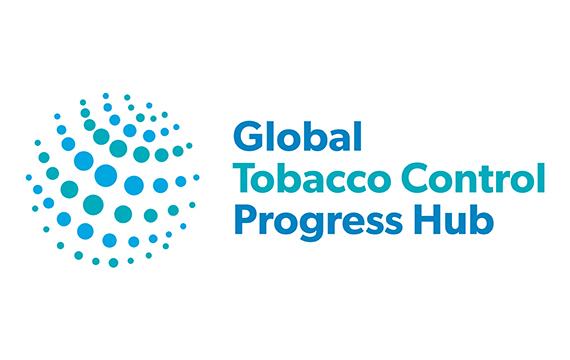
Where We Work
As a collaborating centre of the World Health Organization (WHO) since 2004, our work takes place around the globe. We concentrate primarily on the 10 priority countries of the Bloomberg Initiative to Reduce Tobacco Use - Bangladesh, Brazil, China, Indonesia, India, Mexico, Pakistan, the Philippines, Ukraine and Vietnam.
Through our work together and with other organizations, we have produced reports to support tobacco control action in low- and middle-income countries. Learn more about our projects by choosing a region to explore.
